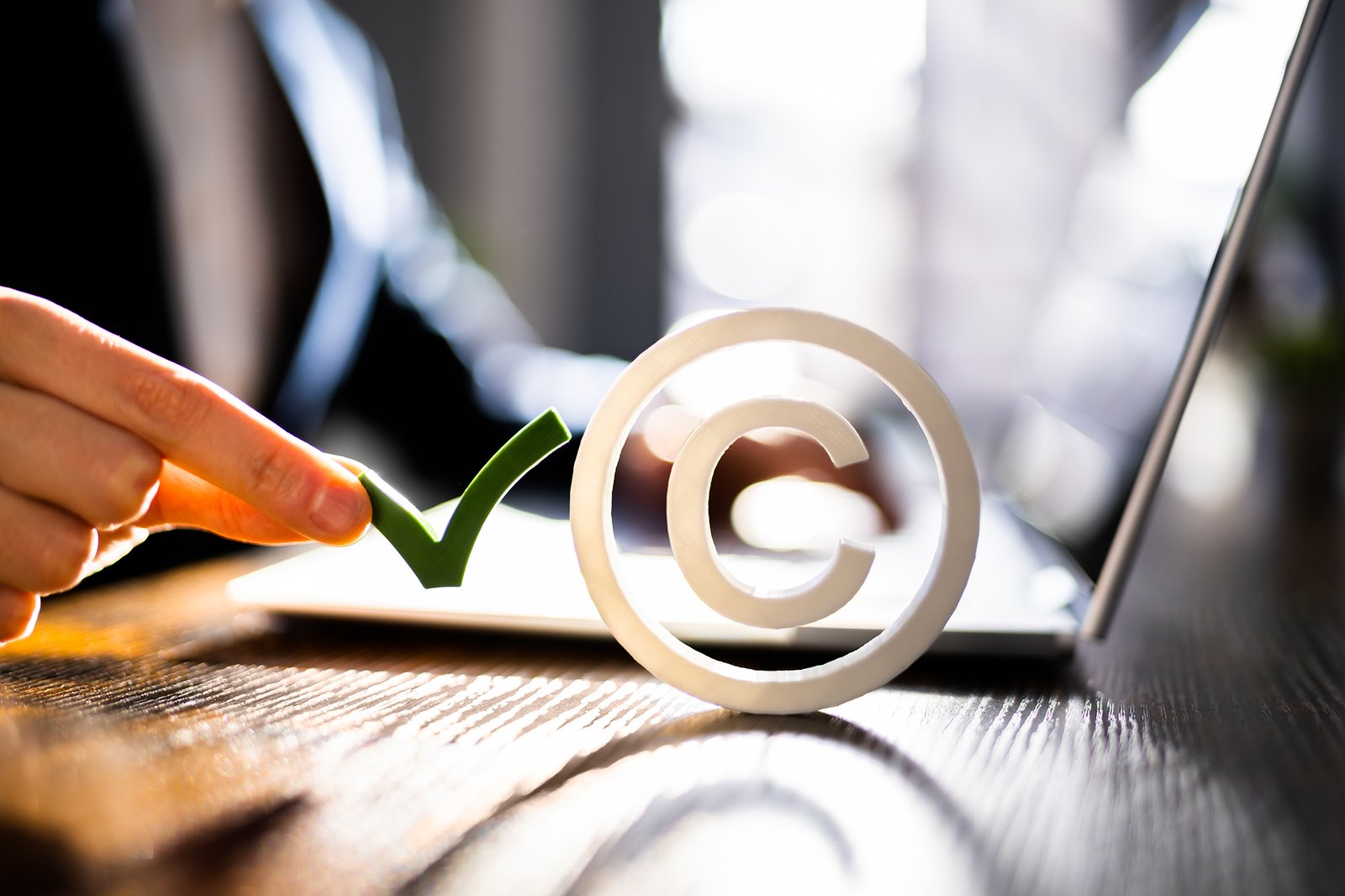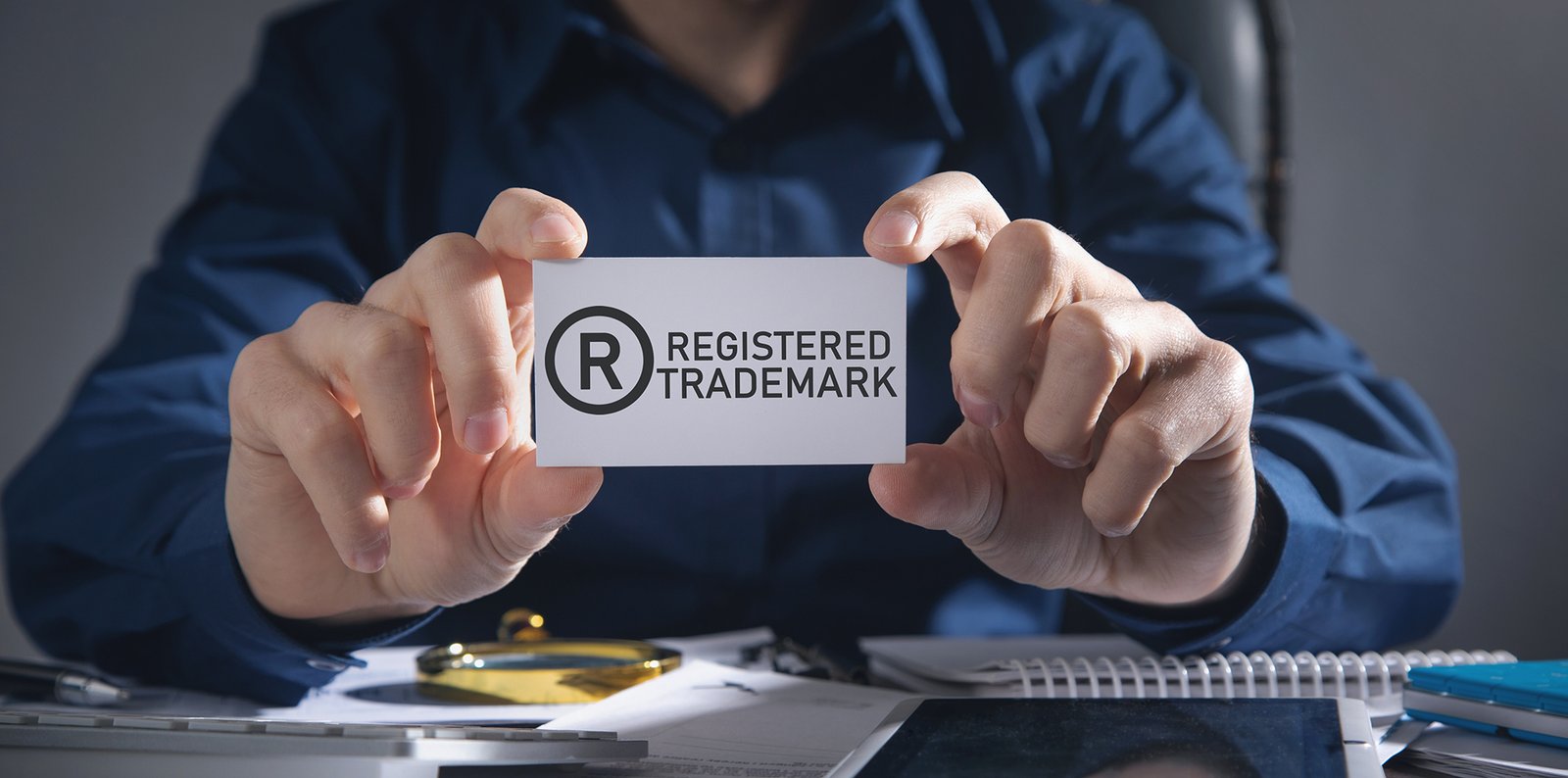- A copyright is a type of intellectual property that provides protection for original creative works such as literary (books, software code), artistic (photos, paintings), and musical creations.
- Copyright Protection:
- US: Copyright in a work created on or after January 1, 1978, is valid for a term consisting of the life of the author and 70 years after the author’s death.
- Canada: Copyright in a work not already in the public domain is valid for a term consisting of the life of the author and 70 years after the author’s death.
Up until the end of 2022, this was 50 years in Canada- it was updated to line up with the US and other countries’ copyright protection terms.
- You can benefit from copyright protection for your work even without the registration for the copyright with the US Copyright Office.
- Copyright registration is strongly recommended since it provides you with certain important benefits in the US:
- If you register your copyrights, it creates a public record of ownership. This helps in establishing the proof that you are the owner of the copyright.
- Copyright registration before or within five years of publication—establishes evidence of the validity of the copyrights and the facts stated within the registration certificate. Ownership of the copyright is presumed, and anyone seeking to challenge ownership will have the burden to show otherwise
- In the US a copyright owner cannot file a lawsuit to enforce or protect its copyrights until the S. Copyright Office has issued a registration.
- When copyrights are formally registered prior to any infringement, or within three months of publication of the work, a copyright owner can pursue statutory damages. The amount in damages varies depending on whether the infringement is found innocent or willful.
- Statutory damages are damages that can be awarded by a judge or jury to a copyright owner in a copyright infringement suit. Statutory damages are important because the alternative is “actual damages” (such as lost profits following the infringement) which must be proven in court and can be very difficult to prove.
- The owner of a valid and registered copyright can participate in the U.S. Customs and Border Protection program (CBP). United States CBP has the authority to detain, seize, forfeit, and ultimately destroy merchandise seeking entry into the United States if it bears an infringing registered copyright.
Example 1: Let’s say you write a popular article based on AI technology and you do not register the copyright. You see that your competitor is releasing the same article to promote his business. You could send a cease and desist to take the article, which was reproduced without your consent, off of his website. However, you wouldn’t be able to file a lawsuit regarding copyright infringement or claim any statutory damages. It is recommended to register the copyright for your article as soon as it is made public.
Key considerations for Canadian companies:
Consider obtaining a copyright registration in the US ideally at the same time as you intend to make your work public. This provides you with a public record of ownership and will allow you to sue and obtain statutory damages in case of copyright infringement.
According to Kim Capiau, Registered Trademark Agent and IP Analytics expert at Stratford Intellectual Property, “A timely copyright registration before use is a prerequisite for effectively enforcing your copyright in the US.”
Use a proper copyright notice when sharing your work.
Keep in mind that it is always a good idea to seek legal advice before deciding how to deal with your Intellectual Property (IP). This will help you make an informed decision and know what to expect.
Source: https://ised-isde.canada.ca/





